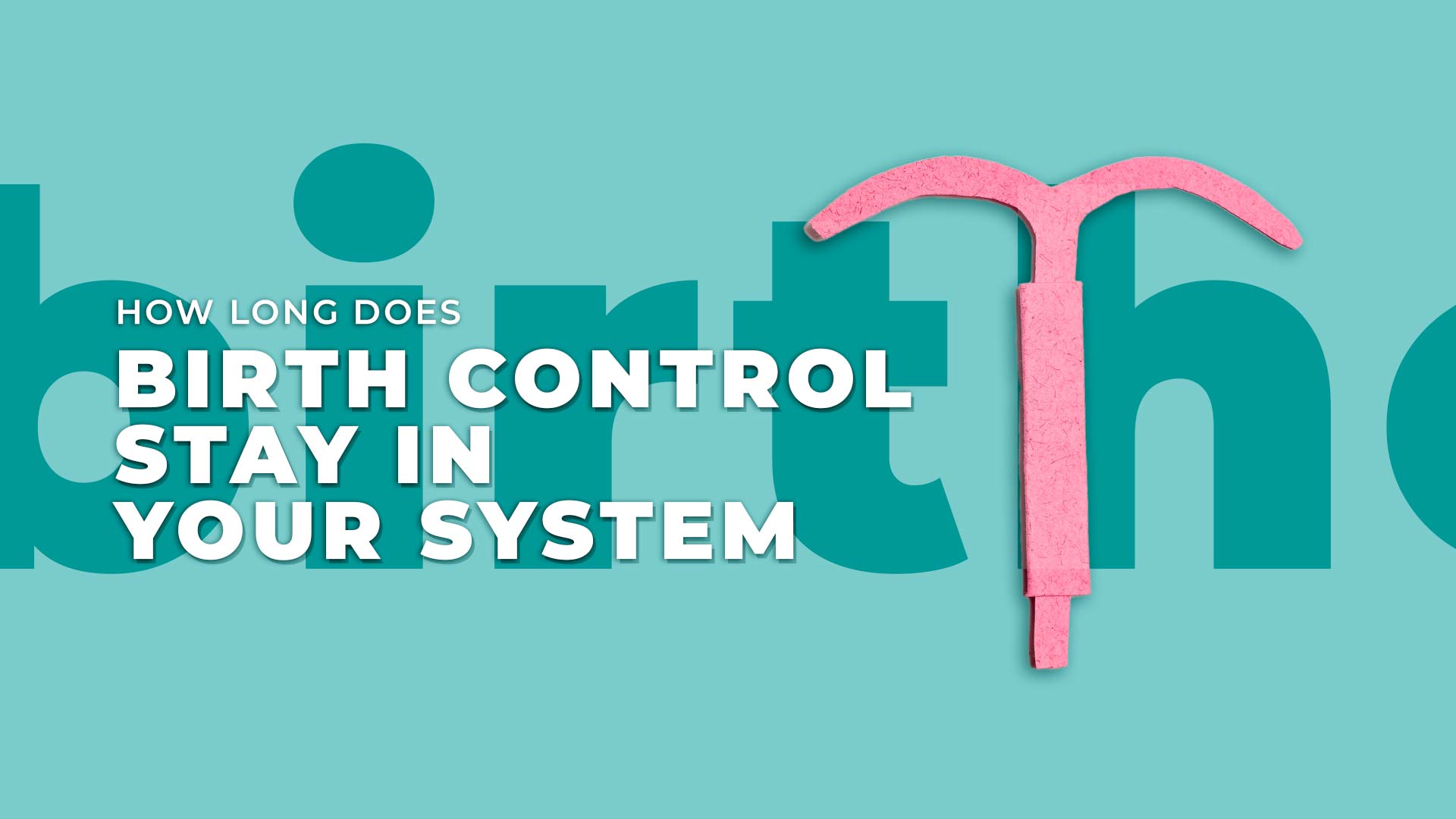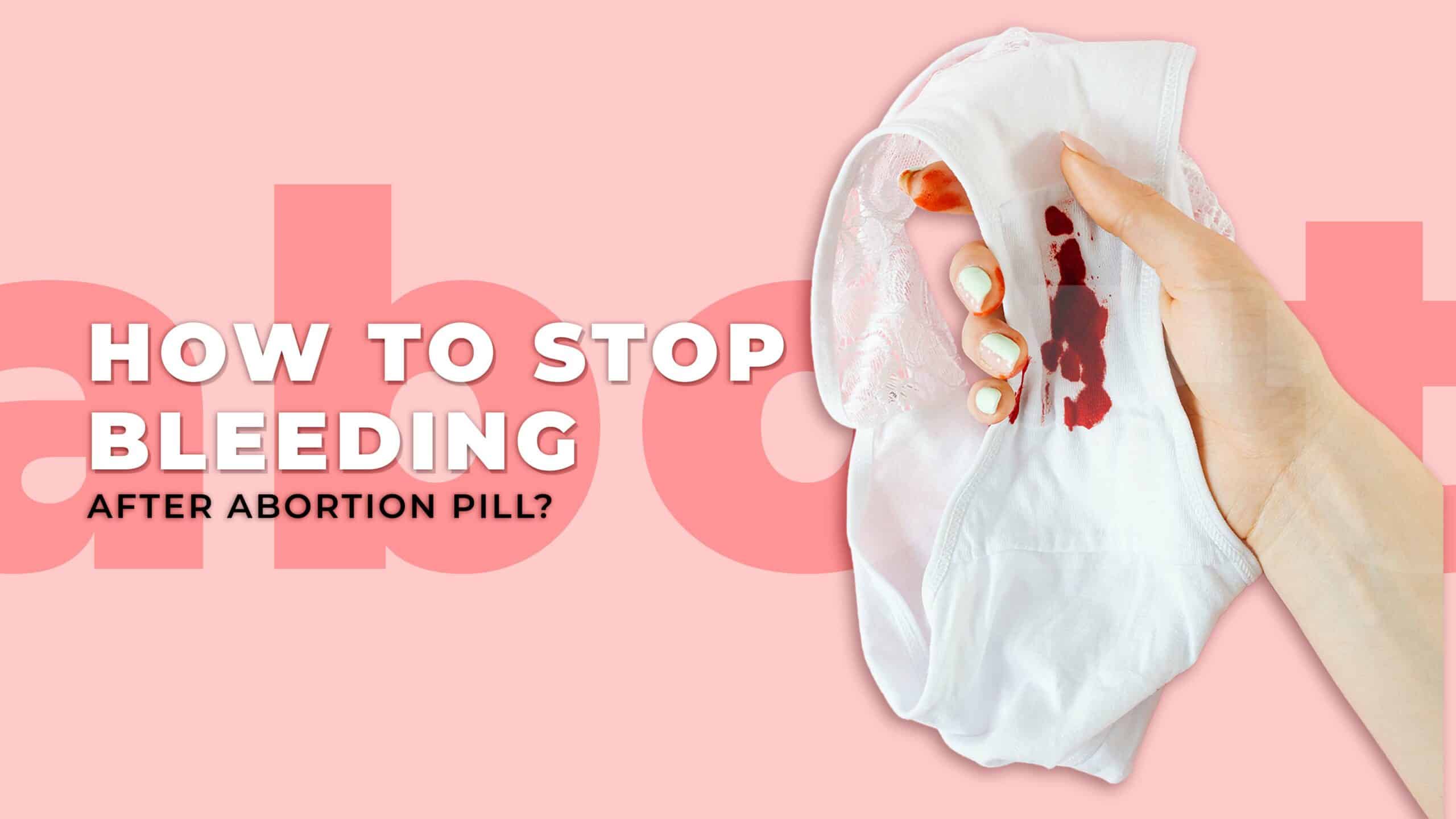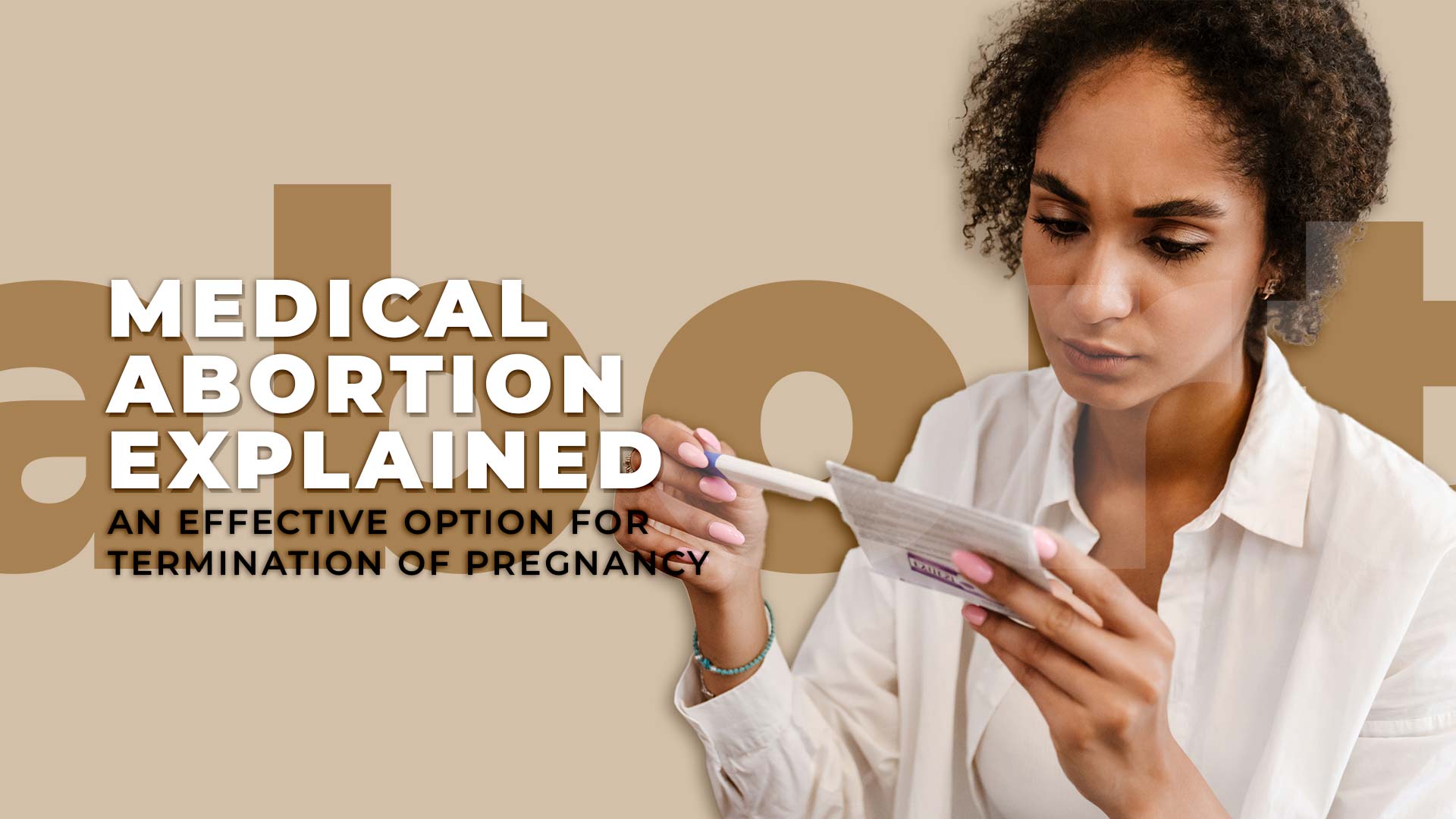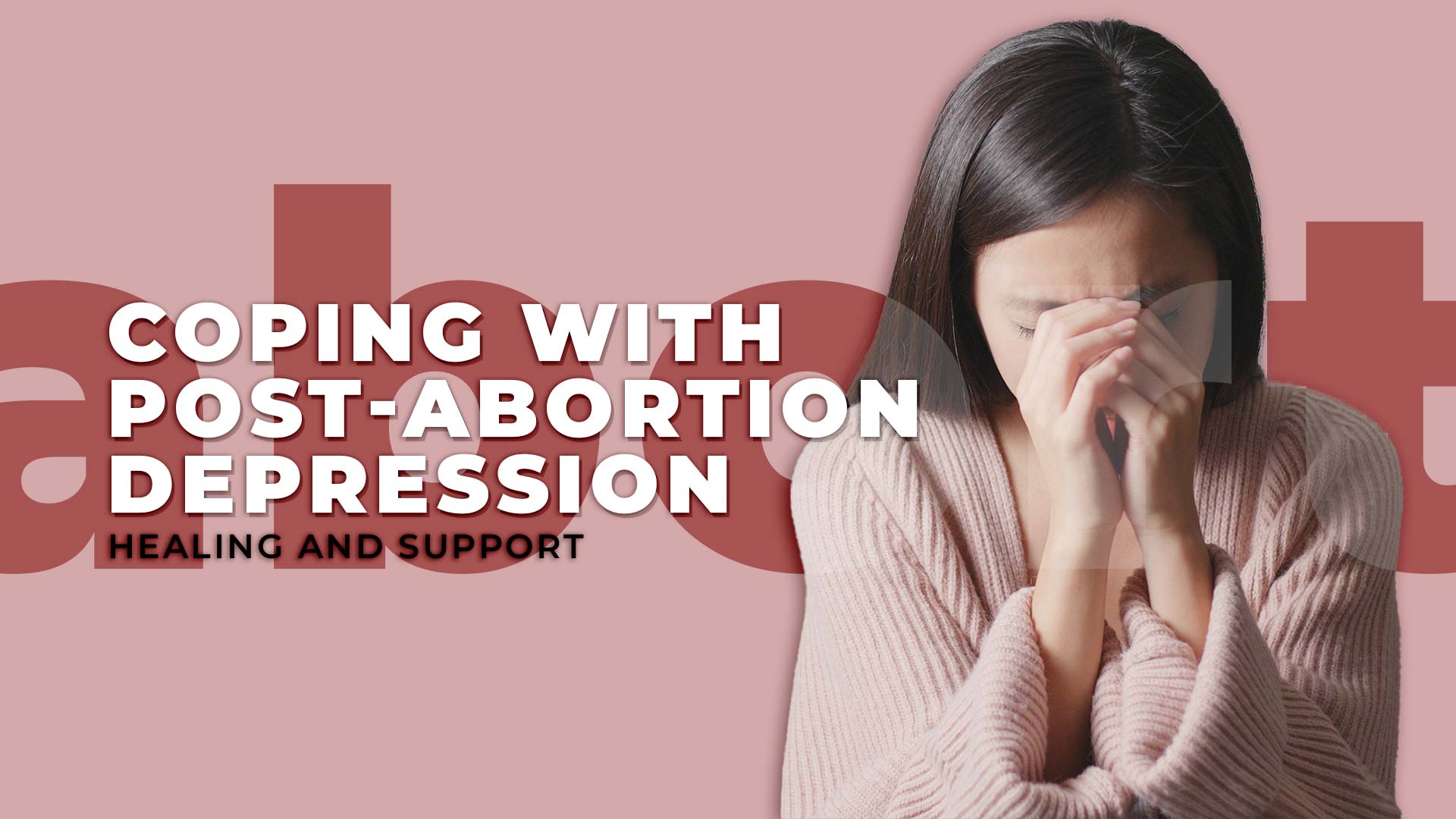When contemplating a change in birth control method, it’s normal to be uncertain about how long it will take for the hormones to clear from your system. The length of time will vary based on your current method of birth control and other factors. Understanding the time frame can assist you in making informed choices about your reproductive health. Let’s dive in.
How does hormonal birth control work?
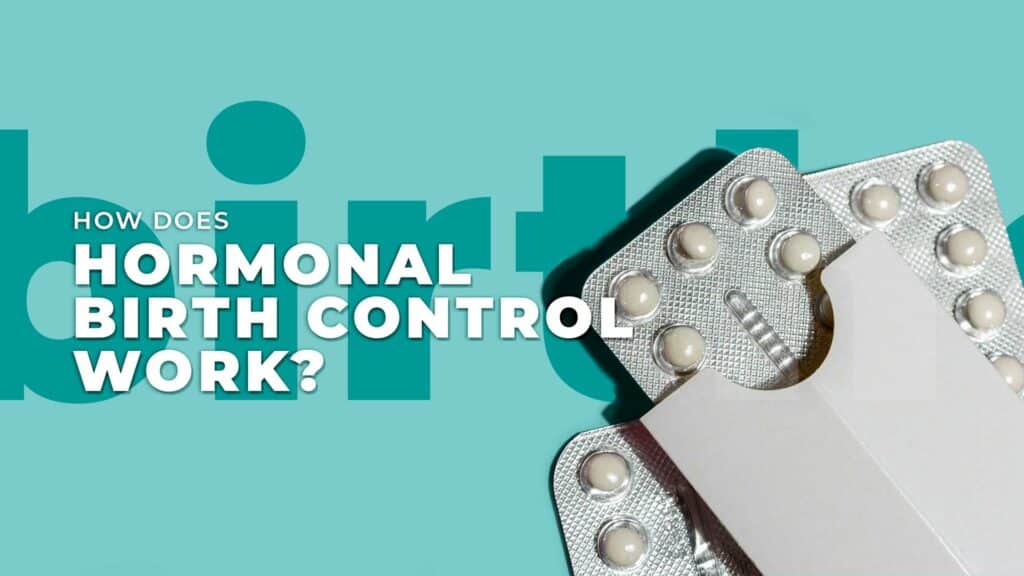
Hormonal birth control employs synthetic hormones to trigger specific bodily responses that prevent pregnancy. The responses triggered may differ slightly among different forms of hormonal contraception.
The birth control pill, ring, patch, implant, and injection work by suppressing ovulation, thickening cervical mucus, and inhibiting the thickening of the uterine lining.
However, the progestin-only pill or mini-pill containing norethindrone (a progestin) does not suppress ovulation for all users due to its lower dose of progestins. Instead, it thickens cervical mucus and inhibits the thickening of the uterine lining. On the other hand, the mini-pill containing drospirenone, another type of progestin, works by suppressing ovulation.
While the primary function of a hormonal IUD is to thicken cervical mucus, it also inhibits the thickening of the uterine lining and may suppress ovulation in a smaller proportion of users.
How long does birth control stay in your system?
To answer this question accurately, let’s review each type of hormonal contraception individually.
The hormonal IUD: Regarding the hormonal IUD, once it is removed from the body, the hormones exit your system. Within two months after removal, expect your menstrual cycles and ovulation to normalize.
The pill: In the case of the pill and mini pill, the hormones from these methods leave the body 48 hours after the last pill is taken. After stopping the pill, expect your menstrual cycles and ovulation to return to normal within three months.
The implant: Clinical trials for Nexplanon, the sole birth control implant in the US, demonstrate that pregnancy can occur within 7-14 days of removing it, indicating that the hormones are likely to stay in the body for that length of time. Within three months of implant removal, expect to resume “normal” cycles.
The vaginal ring: When the ring is removed from the body, pregnancy protection expires within 48 hours. Within three months of removing the ring, menstrual cycles and ovulation should normalize.
The patch: After removing the patch, pregnancy protection lapses 48 hours later. Expect menstrual cycles and ovulation to return to normal within three months of patch removal.
The Depo-Provera shot: It is a single injection designed to prevent pregnancy for three months, implies that hormones are likely to exit the body after that period. This birth control method can suppress ovulation for up to 18 months, although people with lower body-fat percentage may see ovulation return earlier.
Does hormonal birth control need to be cleared from your system before you can conceive?
If you’re ready to start trying for a baby after discontinuing your birth control, keep in mind that while the medication will typically leave your system within 48 hours, your body may not be immediately ready for pregnancy.
All types of hormonal contraceptives alter your menstrual cycle, and it may take around 90 days for your cycles to return to normal. This adjustment period is not due to lingering birth control hormones, but rather the amount of time it takes for an ovarian follicle to develop and release an egg that hasn’t been affected by synthetic hormones.
However, it’s important to note that many people stop taking hormonal contraceptives and get pregnant immediately. The 90-day adjustment period is just an estimate, and not everyone will experience the same timeline.
If your menstrual cycle hasn’t returned to normal after 90 days, it could be a sign of an underlying condition that your birth control was managing, such as polycystic ovary syndrome or thyroid problems. In such cases, seeking medical advice from a healthcare provider is recommended.
It’s not necessary to do anything to cleanse your body of synthetic hormones from birth control; they will leave your system on their own, regardless of the method of birth control you used. The only exception to this is the Depo-Provera shot, which can delay ovulation for up to 18 months after discontinuation.
How does stopping birth control affect menstruation?
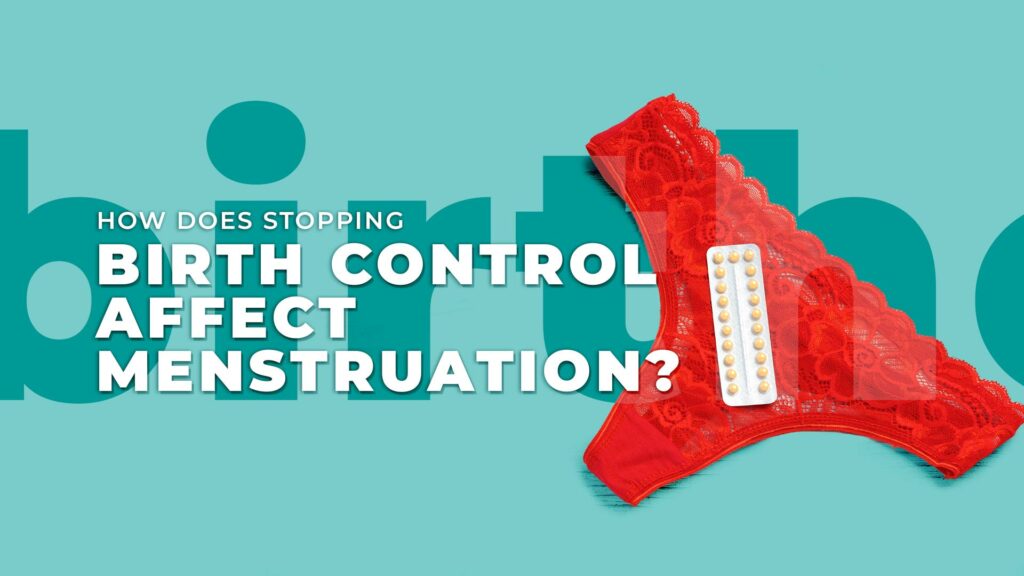
To understand the effects of stopping birth control on menstruation, it is important to understand how hormonal birth control works to prevent pregnancy. Hormonal birth control prevents pregnancy by inhibiting ovulation and thinning out the endometrium, which makes it difficult for the fertilized egg to implant.
When a woman stops taking hormonal birth control, her ovulation will eventually return to normal, and the endometrium will begin to thicken, making it easier for implantation. Manipulating ovulation with birth control also affects menstruation.
The effects of stopping birth control on menstruation vary from woman to woman. Typically, the medication will be eliminated from the system within 3 to 7 days. However, it may take a few months for a woman to have regular periods again as hormone levels adjust and ovulation resumes on a predictable cycle. During this time, a woman may experience changes in her menstrual cycle, such as spotting, lighter or heavier periods, or shorter or longer periods than usual.
If a woman does not have a period several months after stopping birth control, it may indicate an underlying medical condition, and she should consult a doctor.
How long does it take to conceive after stopping hormonal birth control?
A systematic review was conducted in 2018 to examine the likelihood of pregnancy within 12 months of discontinuing hormonal contraceptives. The findings were as follows:
- For users of ex-oral contraceptives (pills), 87.04% became pregnant within 12 months.
- For users of ex-hormonal IUDs, 84.75% became pregnant within 12 months.
- For users of ex-shots, 77.4% became pregnant within 12 months.
- For users of ex-implants, 74.7% became pregnant within 12 months.
While there is limited data on ex-ring and patch users, the time to pregnancy is expected to be similar to that of oral contraceptives.
The bottom line
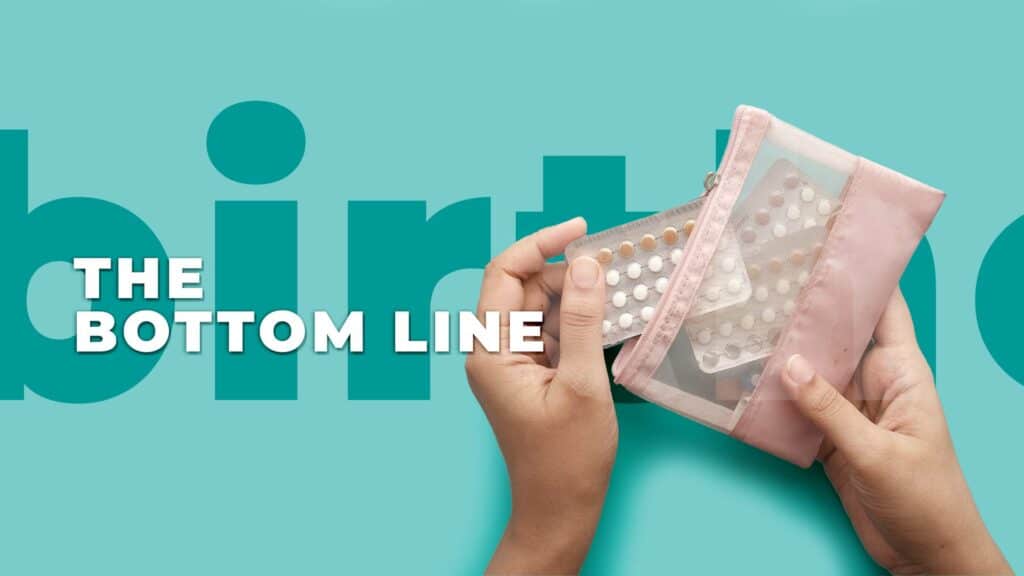
If you are considering changing or stopping your birth control method, remember that most forms of hormonal birth control will leave your system within two days. However, if it takes longer than three months for your body to return to its pre-birth control state, it’s a good idea to consult your healthcare provider to rule out any underlying conditions that could be affecting your menstrual cycles.
References
- Yland J J, Bresnick K A, Hatch E E, Wesselink A K, Mikkelsen E M, Rothman K J et al. Pregravid contraceptive use and fecundability: prospective cohort study BMJ 2020; 371 :m3966 doi: https://doi.org/10.1136/bmj.m3966
- Return to ovulation. https://www.organonconnect.com/nexplanon/clinical-efficacy/return-to-ovulation/
- How effective is the birth control ring? https://www.plannedparenthood.org/learn/birth-control/birth-control-vaginal-ring-nuvaring/how-effective-birth-control-ring
- How do I use the birth control patch? https://www.plannedparenthood.org/learn/birth-control/birth-control-patch/how-do-i-use-birth-control-patch
- Schwallie PC, Assenzo JR. The effect of depo-medroxyprogesterone acetate on pituitary and ovarian function, and the return of fertility following its discontinuation: a review. Contraception. 1974 Aug;10(2):181-202. DOI: 10.1016/0010-7824(74)90073-0
- Alain Gougeon, Regulation of Ovarian Follicular Development in Primates: Facts and Hypotheses, Endocrine Reviews, Volume 17, Issue 2, 1 April 1996, Pages 121–155, https://doi.org/10.1210/edrv-17-2-121
- Girum T, Wasie A. Return of fertility after discontinuation of contraception: a systematic review and meta-analysis. Contracept Reprod Med. 2018 Jul 23;3:9. doi: 10.1186/s40834-018-0064-y

